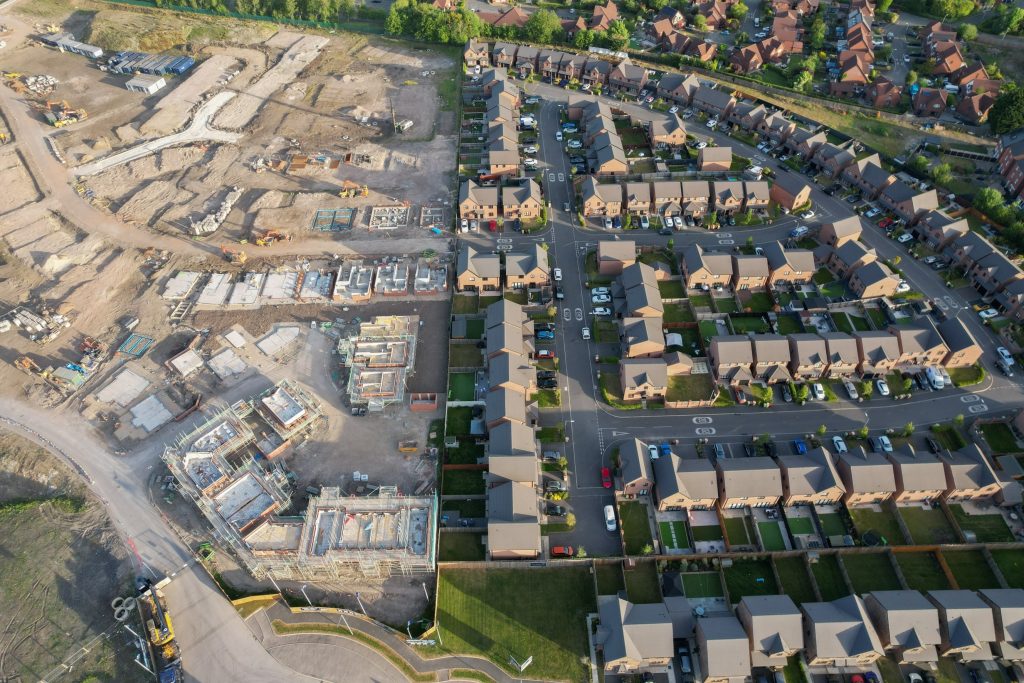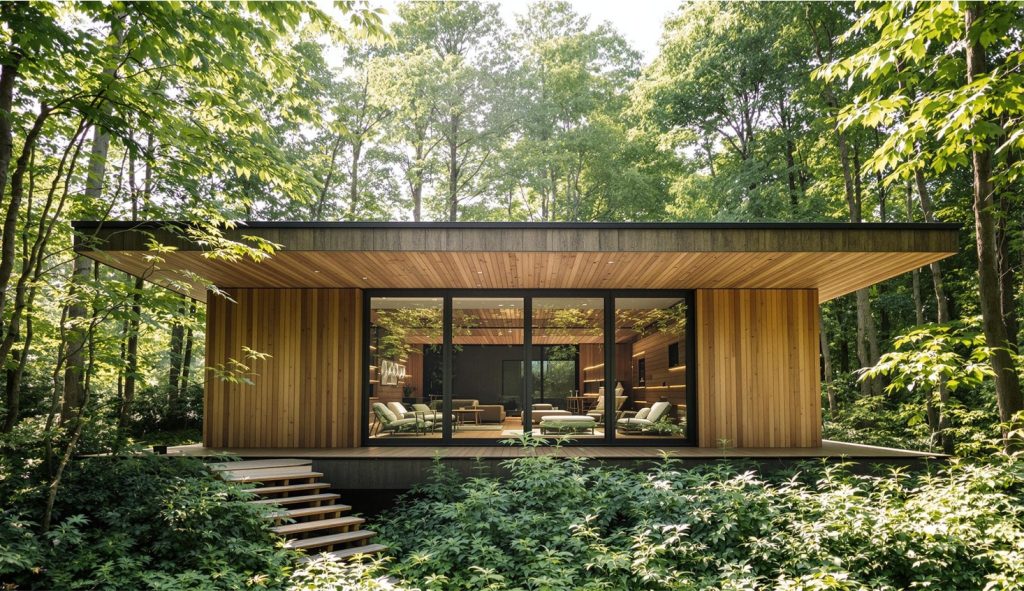Sustainable Construction Will Remain a Specialist Area Until Policy Forces Change – Bio-SIP™ Shows the Way
Sustainable construction will remain a specialist area until systemic change occurs — whether through regulation, policy, or a fundamental shift in market economics. Today, even conventional high-volume materials are challenging to procure cost-effectively, while low-volume sustainable alternatives face prohibitive costs and immature supply chains.









